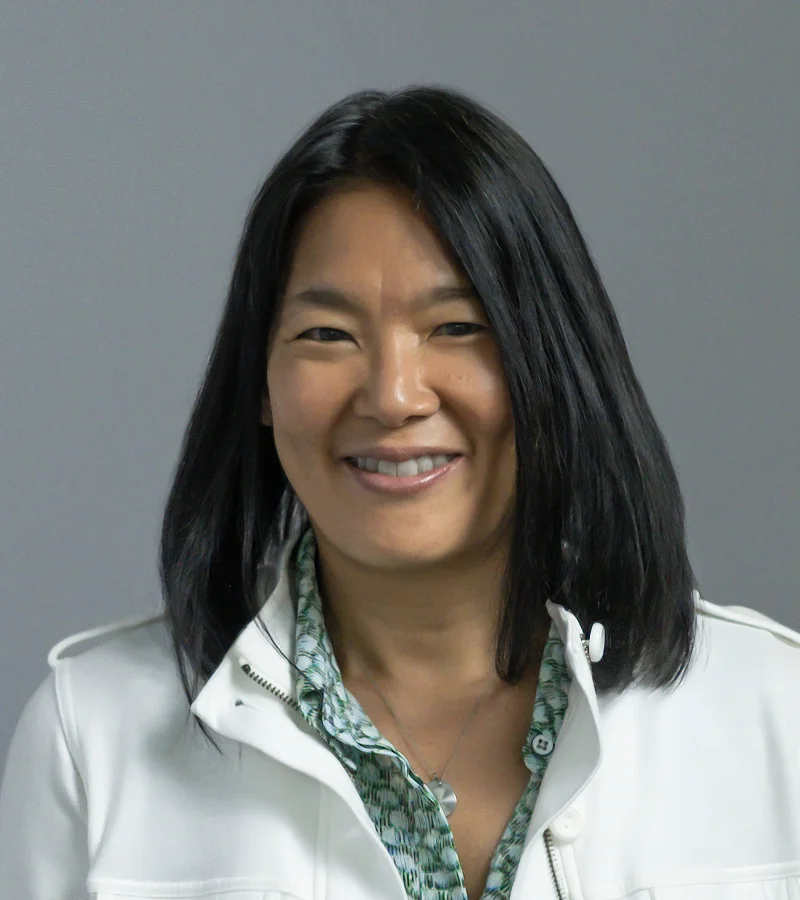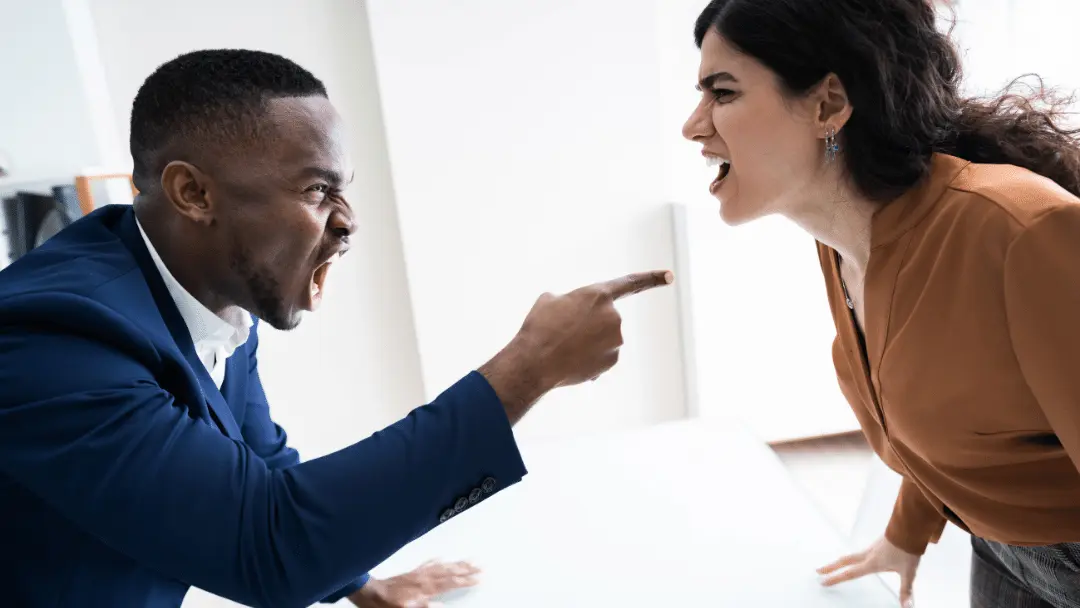Do you have a strained relationship with a friend, family member, or spouse?
Choose an issue, and I’m sure you’ll be able to identify someone close to you (or who used to be) who vehemently holds the opposite opinion. This difference in opinion may have even strained your relationship.
You’re Right, They’re Wrong
Unfortunately, we are experiencing unprecedented divisions and polarization. Tune to your favorite news channel or social media platform. You’ll quickly learn what your side is doing right, and the other is doing wrong.
That’s because even well-intended social media platforms were designed to show you MORE of the content you like, view, or listen to.
As a result, social media engenders and reinforces divisiveness between you and “them.”
These seemingly unspannable gullies between viewpoints concern issues such as:
- Masks vs. no masks
- Trump vs. Biden
- Kids in schools vs. remote learning
- Keeping the economy open vs. limiting businesses
How Strained Relationships Connect to Emotions
These (and many more issues) strike at our deeply-held core values that are intricately and inescapably connected to our emotions.
And here’s the kicker: At the end of the day, emotions drive ALL human behavior. Our ultimate goals are to:
- Be free of pain
- Find peace
- Discover contentment
Moreover, we want to achieve one of these goals for this moment or in the long term.
What’s Beneath the Surface of Your Strained Relationship?
Permeating beneath the stress, we may have feelings of anxiety, depression, or hopelessness. You wonder:
- Will I be able to pay the mortgage?
- Am I going to live?
- Will I unknowingly pass the virus to someone I love?
- Will my business make it?
- Will my children fall behind in their education?
- What about my child’s social development?
- How long can I keep living like this?
The list goes on, and we want to end this situation yesterday so we can all get back to “normal” life.
Why the Intensity of Emotion?
A Quest for Relief
The magnitude of the emotional toll on our daily lives leads us to formulate deeply convicted opinions about what society should do to solve the problem. After all, the more intense our negative emotions are, the more invested we are in finding relief.
Unfortunately, our shared quest to end the pain or anxiety creates division.
Feeling Out of Control
Moreover, the fallout from the pandemic depends on what others decide to do, politicians, and the people in charge. Therefore, your emotional reprieve from stress and fear is tied to “others.”
This lack of control over the situation is why we care so much about “others.” The stakes are so high that we’ve arrived at a very polarized place—one in which each side is entrenched in its belief:
- I’m right, you’re wrong, and your side is screwing everything up.
- My life could return to normal if it weren’t for your side.
Reinforcing this belief and fueling the fire is that you’ll find much support for your specific facts, opinions, and beliefs regardless of your side.
Is It Possible to Bridge This Divide? To Find the “We-ness”?
Yes, absolutely!
Recall that every single person, regardless of race, culture, sex, sexual orientation, religious, or spiritual background, is seeking the same thing: to live a life in which we can experience:
- Contentment (short-term relief) or
- Peace (long-term relief)
Beyond basic survival, we are all motivated to move towards one of these singular goals.
That’s it. It’s less complicated than we think.
Reflecting on Decisions—Small and Large
Pause for a minute (or two) and chew on that as you review your life decisions, big or small.
Ask yourself, “Why did I do what I did?
You have a life story:
- What you’ve been taught
- Cultural family values
- Challenges you overcame
- Struggles you’ve faced (or are facing)
- Joyful moments
All these experiences have shaped your perspectives and beliefs.
Unfortunately, your human story has landed you on one side or the other.
Discovering the “We-ness” in the Strained Relationship
What is true for you is also true for “others.” They, too, have a human story, but theirs has landed them in a different place than you.
To find the “we-ness,” the goal is to:
- Hear and learn their human story truly
- Listen with an open heart and mind
- Understand their choices and behaviors that are merely the surface of the depths of the human experience.
In learning about their life’s journey of ups and downs, you may still disagree with their choices. However, you’ll likely find common ground and connect as human to human. You’ll be able to find the “we.”
Your Toolbox for “We-ness”
Here are some tools to help you understand the “others’” human story:
- Intentionally put your perspective aside.
- Try to see the world through their lens and their lens only.
- Don’t paint people with a broad brush. (Just because you agree with one position doesn’t mean you embrace all that generally gets connected to that position. You are most likely the same way.)
- Listen from a place of curiosity and without judgment or criticism.
- Acknowledge (and don’t minimize) their feelings or thoughts.
- Ask clarifying questions to learn more or understand better.
- Don’t ask questions designed to challenge or debate their beliefs.
- Try to find the specific emotions that drive their behavior.
- Empathize with their feelings.
- Validate their perspectives and experiences. (Remember, it makes sense to them even if you see things differently.)
- Point out any common ground you find with them.
- Share any similar experiences or emotions that you’ve had to foster connection.
- Remind yourself that we are compassionate people who, at the core, do care about our fellow human beings; think of this:
If you were walking down the street and the person in front of you suddenly dropped to the ground, my hunch is that you would be quick to try to help. It probably wouldn’t even occur to you to wonder whether they are part of “us” or “them.”
At that moment, there is only “we.”
Lisa Aranas


